Why Top Athletes Like Virat Kohli, Cristiano Ronaldo Never Consume Soft drink
History of Soft Drinks:
However, the truth behind these seemingly harmless beverages is alarming. Soft drinks are made up of a cocktail of harmful ingredients that can have devastating effects on our health. Lets put light on those one by one.
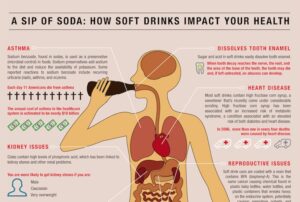
High Fructose Corn Syrup (HFCS): A Sweetener with a Bitter Consequence
HFCS is a sweetener derived from cornstarch and is widely used in soft drinks. However, research has linked HFCS to an increased risk of:
– Obesity: HFCS can lead to weight gain and insulin resistance, increasing the risk of obesity.
– Diabetes: The consumption of HFCS has been linked to an increased risk of developing type 2 diabetes.
– Heart Disease: HFCS can increase the risk of heart disease by raising blood pressure and cholesterol levels.
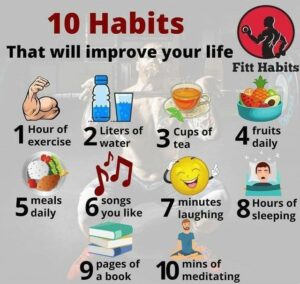
Sugar: A Sweet Poison
Sugar is another common ingredient in soft drinks, and excessive consumption can lead to:
– Weight Gain: Consuming high amounts of sugar can lead to weight gain and obesity.
– Insulin Resistance: Regular consumption of sugar can lead to insulin resistance, increasing the risk of type 2 diabetes.
– Increased Risk of Diabetes: The risk of developing type 2 diabetes increases with regular sugar consumption.
Artificial Sweeteners: A Healthier Alternative or a Hidden Danger?
Artificial sweeteners like Aspartame and Sucralose are marketed as a healthier alternative to sugar. However, research has linked them to:
– Headaches: Artificial sweeteners can cause headaches and migraines.
– Digestive Issues: Some individuals may experience digestive issues like bloating and gas.
– Cancer Risks: Some studies have linked artificial sweeteners to an increased risk of certain cancers.
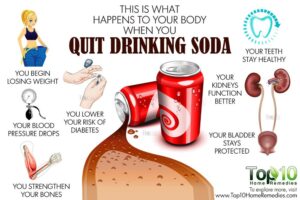
Sodium Benzoate: A Preservative with a Dark Side
Sodium benzoate is a preservative used in some soft drinks, and research has linked it to:
– DNA Damage: Sodium benzoate can cause DNA damage, leading to cellular mutations.
– Hyperactivity: Sodium benzoate has been linked to hyperactivity in children.
– Cancer Risks: Some studies have linked sodium benzoate to an increased risk of certain cancers.
Caffeine: A Stimulant with a Price
Caffeine is a stimulant that can provide a temporary energy boost but can also lead to:
– Jitteriness: Excessive caffeine consumption can cause jitteriness( unpleasant emotion that is experienced in anticipation of some misfortune) and anxiety.
– Sleep Disturbances: Consuming caffeine in large amounts can disrupt sleep patterns.
– Increased Heart Rate: Caffeine can increase heart rate and blood pressure.
https://zirotimes.com/depression-anxiety-disorders-eating-disorders/
Food Dyes: A Colorful but Harmful Addition
Food dyes like Yellow 5 and Red 40 are used to give soft drinks their vibrant colors. However, research has linked them to:
– Hyperactivity: Food dyes can cause hyperactivity in children.
– Allergic Reactions: Some individuals may be allergic to certain food dyes.
– Cancer Risks: Some studies have linked food dyes to an increased risk of certain cancers.
Phosphoric Acid: A Corrosive Ingredient
Phosphoric acid is used in some soft drinks and can lead to:
– Tooth Decay: Phosphoric acid can erode tooth enamel, leading to tooth decay.
– Bone Loss: Excessive consumption of phosphoric acid can lead to bone loss.
– Kidney Disease: Phosphoric acid can increase the risk of kidney disease.
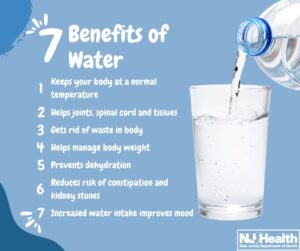
The Cumulative Effect: A Recipe for Disaster
The cumulative effect of these ingredients can lead to a range of health problems, including:
– Weight gain and obesity
– Increased risk of type 2 diabetes and heart disease
– Digestive issues and irritable bowel syndrome (IBS)
– Headaches and migraines
– Hyperactivity and anxiety disorders
– Increased risk of certain cancers
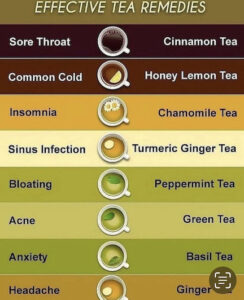
But fear not, dear reader! There are alternatives to soft drinks that are not only delicious but also packed with health benefits.
Alternatives to Soft Drinks:
1. Water: The ultimate thirst quencher, water is calorie-free and rich in health benefits. It improves digestion, boosts energy, and even helps with weight loss.
2. Herbal Teas: From peppermint to chamomile, herbal teas are a great alternative to soft drinks. They’re caffeine-free, rich in antioxidants, and can even help with anxiety and insomnia.
3. Fresh Juices: Freshly squeezed juices made from fruits and vegetables are a great way to get your daily dose of vitamins and minerals. They’re rich in antioxidants, improve digestion, and can even help lower blood pressure.
4. Coconut Water: A natural source of electrolytes, coconut water is perfect for post-workout hydration. It’s low in calories, rich in potassium, and can even help with weight loss.
5. Kombucha: A fermented tea drink, kombucha is rich in probiotics, improves digestion, and can even help boost your immune system.
6. Seltzer Water: Add a squeeze of fresh lime or lemon juice to seltzer water for a refreshing and calorie-free drink.
7. Milk and Milk Alternatives: From almond milk to oat milk, milk alternatives are a great source of calcium, vitamins, and minerals. They’re perfect for those looking for a dairy-free alternative.
Health Benefits of Alternatives:
– Improved digestion
– Boosted energy
– Weight loss
– Rich in antioxidants
– Improved heart health
– Lower blood pressure
– Improved immune system
– Rich in probiotics
– Calorie-free
Conclusion
Soft drinks may be convenient, but they’re not worth the risk to our health. By opting for alternatives like water, herbal teas, fresh juices, coconut water, kombucha, seltzer water, and milk alternatives, we can not only satisfy our thirst but also improve our overall health. So, next time you reach for a drink, remember: there’s a healthier alternative waiting for you!

